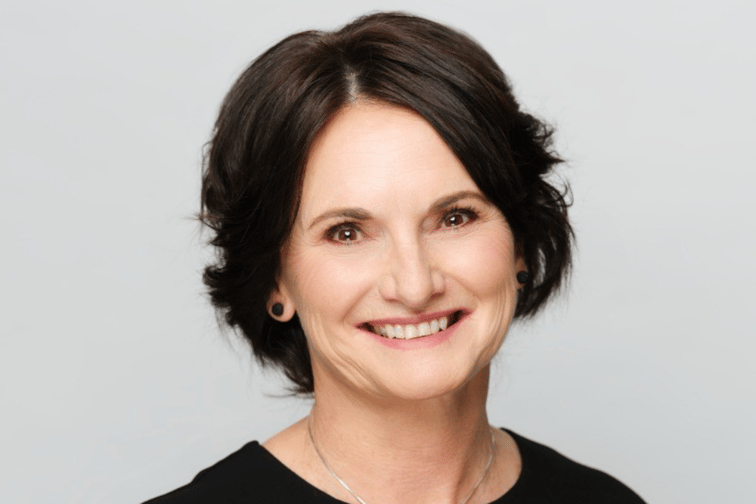

“It is nice to acknowledge our past and know that, by looking back, we can move forward with renewed resilience, ready to face fearlessly whatever comes our way.”
Those were the words of NZbrokers chief executive Jo Mason (pictured) when she shared her reflections with Insurance Business following the broker collective’s conference in Fiji last month.
Pointing out what set this year’s event apart from previous NZbrokers conferences, Mason said: “As it was offshore, it was more of a ‘destination’ conference, and it gave brokers the chance to really relax and let their hair down from what has been some very challenging times.
“It is fair to say that since August of 2017, our industry has been hit with a slew of changes, challenges, and new responsibilities to adapt to, which have left us exhausted and in need of a bit of respite.”
It was nearly seven years ago when the industry first learned of the government’s plan to replace the Financial Advisers Act.
Recalling the period since then, Mason highlighted: “From then it has been a rollercoaster of understanding the regulatory changes and all that involved, COVID-19, numerous lockdowns, staff shortages, working-from-home culture, proof of competency and achieving Level 5’s, cyclones, and climate change. And that is before we talk about rate and premium increases and affordability.”
Brokers who have had to deal with all of the above were invited to relax and mingle with fellow NZbrokers members, insurers, and other suppliers, during the three-day conference in beautiful Fiji.
“The theme of our conference, “Face forward and Fearless – Fiji”, was born because we wanted to create a conference that both gave brokers a chance to relax and enabled them to recharge – ready for the year ahead with renewed vigour and focus,” Mason told Insurance Business. “We are a strong resilient group; we’ve come a long way, and our bonds are strong and enduring.
“It is nice to acknowledge our past and know that, by looking back, we can move forward with renewed resilience, ready to face fearlessly whatever comes our way. The conference speakers were selected for a mix of both personal reflection and business focus for this very purpose.
“To help with the relaxation, there were a range of morning ‘wake up’ activities should brokers wish to partake. We also started each day a bit later than past conferences. We had wonderful dinners and a fantastic networking afternoon on Malamala Island.”
For the NZbrokers CEO, it was important to find the balance between networking, relaxing, and the conference aspect of the gathering.
“Brokers were very tired and really appreciated the chance to ‘get away’ without the conference being too ‘full on’,” she said. “Sponsors, who were mainly insurers, also enjoyed the respite. There is no doubt that the destination helped, so it becomes a matter of how we create this onshore for our next conference in Christchurch 2025.”
Moving forward, amid the existing challenges, Mason pointed to the need for confidence and positivity. She also cited the importance of fostering relationships with both domestic and overseas underwriters, ensuring that markets are available and willing to write the business when needed.
Sharing her outlook for the second half of 2024, Mason told Insurance Business: “Apart from the increased cost of insurance for clients, a shortage of capacity – or less stock on the shelf in a trading context – is rapidly becoming a problem for commercial clients. This shortage of supply worsened last year for high-hazard businesses and those in the Wellington region; Canterbury to a lesser extent. More recently, the capacity shortages are apparent throughout New Zealand.
“As well as this, farming assets such as shearing, dairy, storage sheds and barns, wind and sun shelter structures are all subject to similar premium pressure as other commercial buildings. However, economic pressures increase the difficulty for farmers to absorb higher premiums. For example, sheep farmers have experienced a 30% reduction in export prices over the last two years, and other exporting farmers are similarly affected.”
When it comes to commercial insurance, NZbrokers is expecting insurers to increase their use of technology to identify high-risk locations and conservatively underwrite each risk.
“The Natural Hazards Insurance (NHI) Act comes into effect on July 1, 2024,” Mason noted. “The NHI Act replaces the Earthquake Commission Act and expresses the government’s natural hazard insurance product for residential buildings and associated residential land in New Zealand. This insurance will commonly be known as NHCover.
“For motor, our conclusion is that there will be increasing pressure on private and commercial motor premiums. The pressure will be aligned to inflation, accident history for individual accounts, and the portfolio results for the insurers.”
What do you think about this story? Share your thoughts in the comments below.
